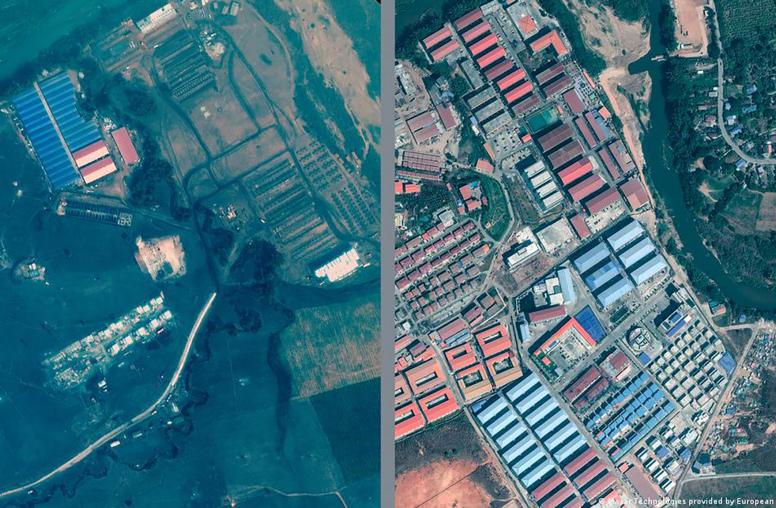 Human Rights
Human Rights
Human rights abuses can spur violent conflict, or vice-versa. Effective protection of human rights underpins the legitimate governance and rule of law that establish the conditions for a state to resolve conflicts and grievances without violence. The U.S. Institute of Peace provides grants, fellowships, education and publications to deepen understanding of the critical role of human rights protection in preventing and managing violence.
Featured Publications

As Famine Spreads Across Sudan, Protecting Civilians Must be a Priority
Since Sudan’s civil war erupted 15 months ago, civilians have disproportionately borne the brunt of the fighting. The African Union recently referred to the crisis in Sudan as an “unprecedented catastrophic humanitarian situation,” marked by the world’s largest displacement and hunger crises and significant civilian casualties.

Examining the 2024 Annual Trafficking in Persons Report: Progress over Politics
Jason Tower, country director for the Burma program at the U.S. Institute of Peace, testified on July 9, 2024, before the U.S. House Foreign Affairs Committee Subcommittee on Global Health, Global Human Rights and International Organizations’ hearing on “Examining the 2024 Annual Trafficking in Persons Report: Progress over Politics.”

The Taliban’s Attacks on Diversity Undermine Afghanistan’s Stability
Each year, the U.N. International Day of Living Together in Peace reminds us that true, sustainable peace is achieved not simply by eliminating war, but rather by building tolerance, inclusion, understanding and solidarity among and between communities.
Current Projects

Border Security Training Program
USIP’s Border Security Training Program trains police officers from Kenya’s Border Police Unit and General Service Unit who serve along the Kenya-Somalia border. The program increases the capacity of Kenyan police to manage conflicts nonviolently and to effectively partner with communities along the Kenya-Somalia border in order to more effectively interdict terrorist suspects and reduce justice-related drivers of violent extremism in Northeast Kenya.

Conflict Management Training for Peacekeepers
In 2004, the U.S. Department of State attended a lessons-learned conference in Rwanda, where commanders returning from Darfur reported that much of their peacekeeping work involved some form of negotiation. They expressed the need for their successors to receive training in conflict management skills in order to succeed, which their pre-deployment training dedicated very little focus to at the time. To fill this training gap, the U.S. Department of State approached USIP in 2008 to deliver conflict management trainings for peacekeepers as part of the U.S. contribution to peacekeeping in Africa.

Transnational Organized Crime in Southeast Asia
Over the past decade, Southeast Asia has become a major breeding ground for transnational criminal networks emanating from China. USIP assembled a senior study group to assess one of the most pernicious aspects of such criminality: rapidly spreading, industrial-scale scam compounds that rely on forced labor lured from around the world. The senior study group convened four meetings to share research and information on the trends, dimensions and character of the criminal networks operating the scam compounds and developed recommendations for countering their malign effects.